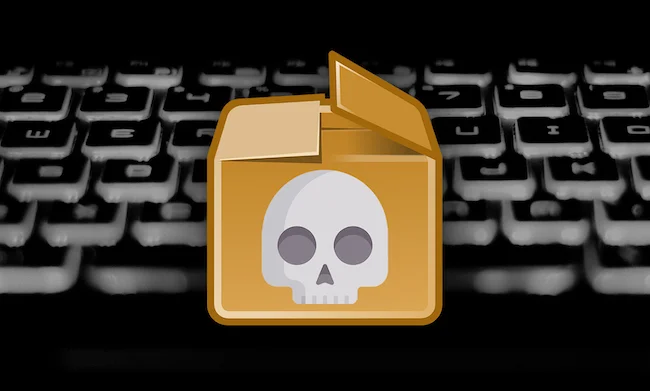phototrip/Getty Images First things first. There really is such a thing as a numbat. It’s a pocket-sized marsupial anteater (see above). And now, it’s also the mascot for Canonical‘s latest Linux distro, Ubuntu 24.04. I’ve been running Noble Numbat on my 2020 vintage Dell Precision 3451. This PC originally came with Ubuntu 20.04 and is powered […]
An ongoing malvertising campaign is targeting IT administrators looking to download system utilities such as PuTTY (a free SSH and Telnet client) and FileZilla (a free cross-platform FTP application). “We have reported this campaign to Google but no action has been taken yet,” , Malwarebytes researcher Jérôme Segura shared. The campaign Malicious ads served via […]
The stolen data includes sensitive personal details such as full name, date of birth, social security number, and contact information, posing a significant risk of identity theft and phishing.
API integrations often handle sensitive data, such as employees’ personally identifiable information (PII), companies’ financial information, or even clients’ payment card data. Keeping this data safe from attackers—while ensuring that the integrations perform at the desired level—requires adopting several security measures. Taking these measures will only grow in importance since more and more organizations are […]
Provider groups, such as the American Hospital Association and the American Medical Association, are urging the government to provide further financial assistance, particularly for smaller practices, in response to the cyberattack’s impact.
Malicious software packages are found on public software repositories such as GitHub, PyPI and the npm registry seemingly every day. Attackers use a number of tricks to fool developers or systems into downloading them, or they simply compromise the package developer’s account and update the package with malware. Consequently, the security capabilities of public software […]
GitHub push protection – a security feature aimed at preventing secrets such as API keys or tokens getting accidentally leaked online – is being switched on by default for all public repositories. “This means that when a supported secret is detected in any push to a public repository, you will have the option to remove […]
The stolen data may include a wide range of personal information such as Social Security numbers, financial account details, medical information, and usernames and passwords.
The breach involved sensitive details such as full names, dates of birth, contact information, and Social Security Numbers. The threat actor demanded a ransom and threatened to sell the stolen data if their demands were not met.



